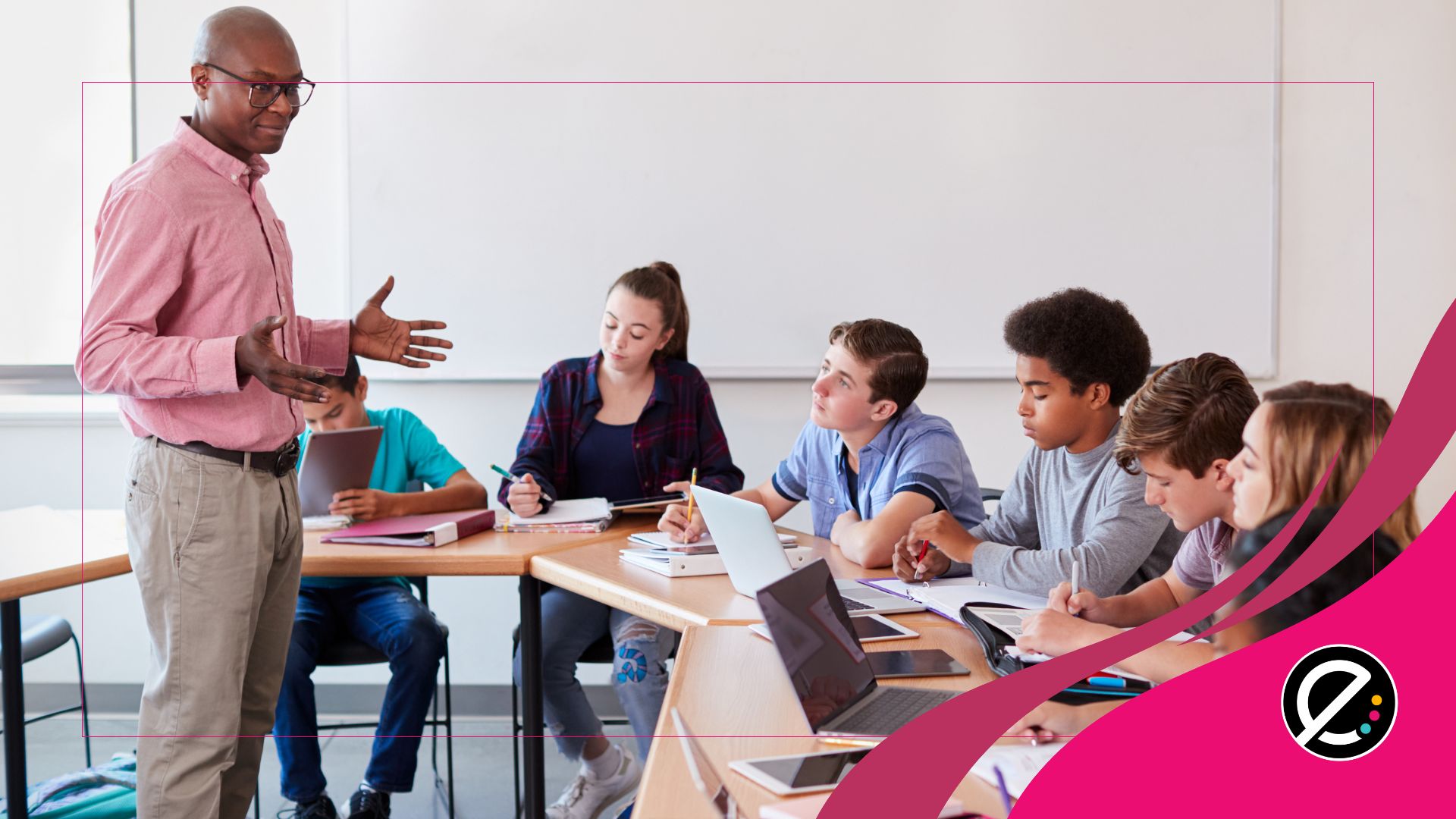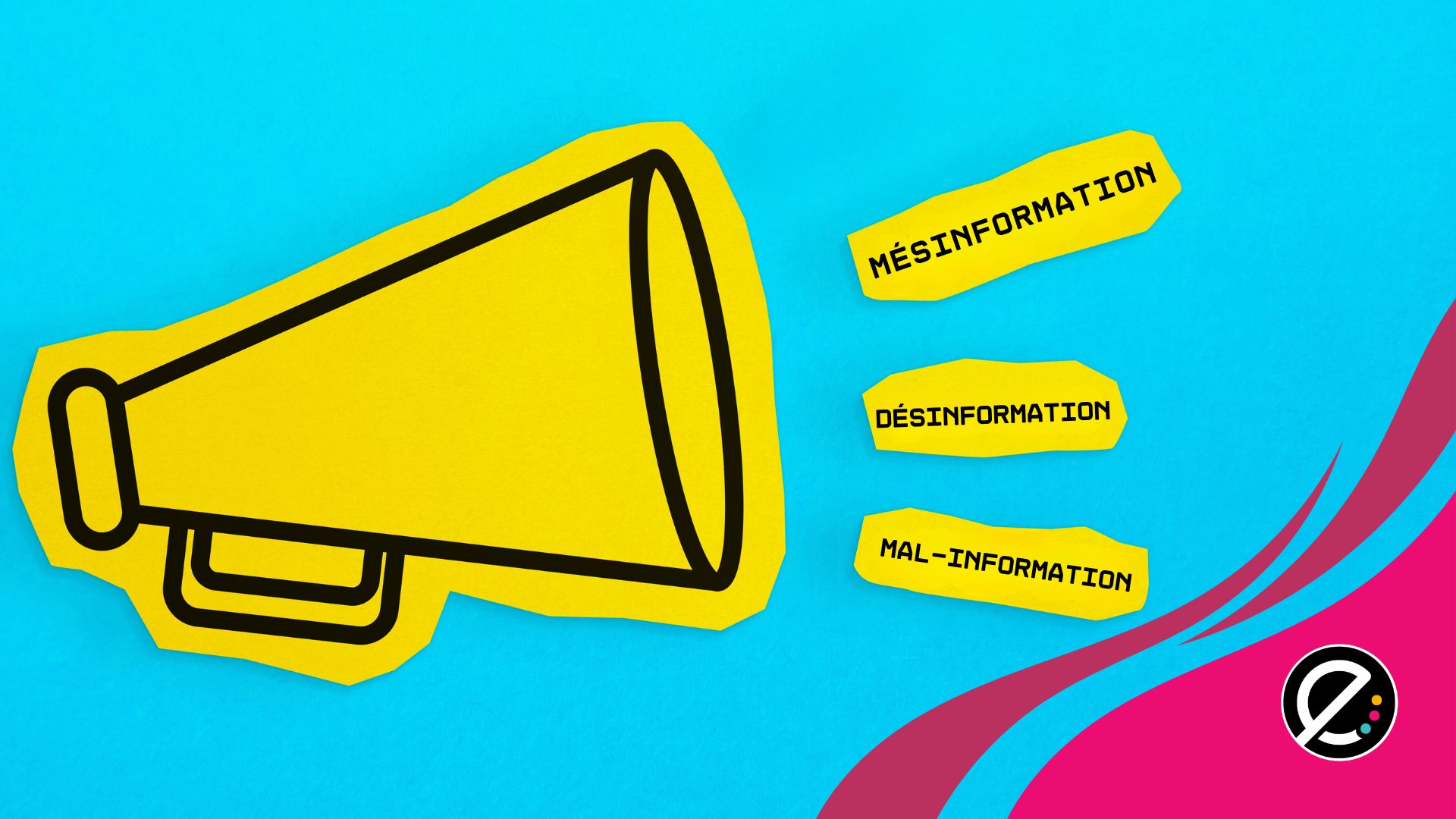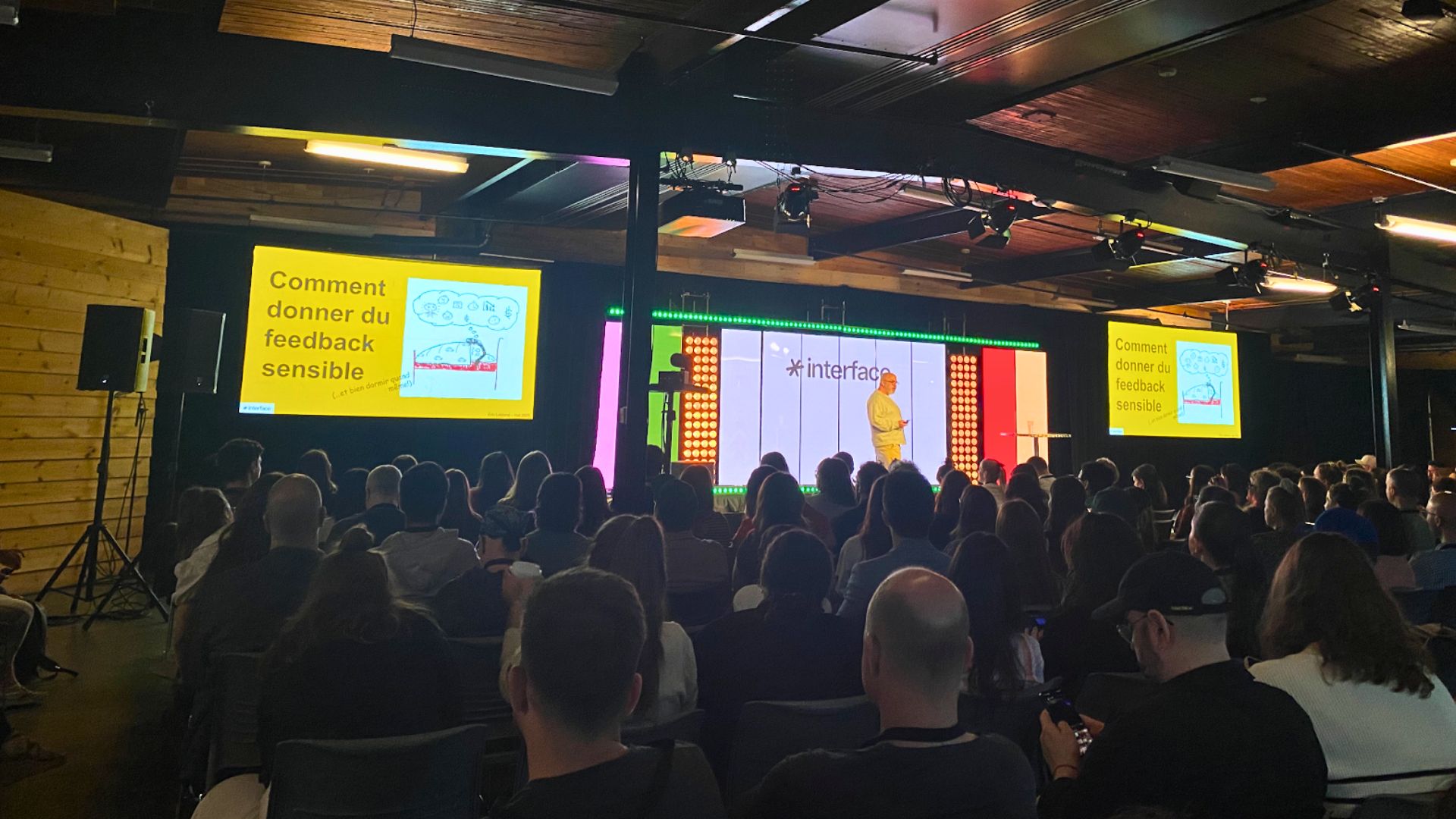Par Michelle Deschênes, professeure en psychopédagogie de l’enseignement professionnel, Université du Québec à Rimouski
De façon générale, l’agentivité est la capacité des individus à initier des actes intentionnels, à entreprendre des actions qui vont au-delà des habitudes acceptées (Bandura, 2006; Engeström et Sannino, 2013). L’agentivité réfère aussi à l’interaction entre cette capacité et les conditions dans lesquelles les individus se trouvent (Biesta et Tedder, 2007).
Dans le contexte particulier du personnel enseignant, l’agentivité fait donc référence à la capacité à se mettre en action dans le système scolaire dans lequel on exerce. On peut penser aux enseignants qui innovent en matière d’utilisation du numérique ou d’évaluation des apprentissages, à ceux qui se positionnent en tant que médiateurs culturels critiques, à ceux qui s’impliquent activement au sein de l’équipe-école ou au sein de leur communauté, etc. Ils ont pris l’initiative d’entreprendre des actions qui vont au-delà de ce qui est attendu.
Une année sous le thème de l’agentivité
L’année scolaire 2020-2021 a permis d’apprécier des manifestations d’agentivité. Les enseignants ont eu à adapter leur pratique au gré des consignes sociosanitaires, selon les classes ou les élèves en confinement. Dans plusieurs milieux, les enseignants ont été propulsés dans des situations où ils ont dû apprendre à utiliser le numérique pour enseigner et faire apprendre. Certains enseignants ont connu l’urgence de s’adapter, d’apprendre à utiliser les outils et ressources numériques; d’autres ont profité de cette situation pour innover, collaborer avec des collègues, mobiliser les familles et les communautés.
Que devrait-il rester de cette année si particulière? Malgré toutes les embûches et les déceptions liées à la pandémie, si on ne devait retenir qu’une chose, c’est probablement l’agentivité dont ont fait preuve ces enseignants.
Se mettre en action pour assurer son développement professionnel
Dans une perspective de développement professionnel, l’agentivité se manifeste lorsqu’un enseignant se fixe un objectif et met en place ce qu’il faut pour l’atteindre. Il identifie et utilise les ressources susceptibles de lui permettre de se perfectionner. Il entre en communication avec les personnes qui pourront l’aider à progresser (pour apprendre d’eux) ou qui partagent un objectif similaire (pour apprendre avec eux). Il choisit et met en œuvre les stratégies appropriées et il en évalue les retombées. Il compare la situation dans laquelle il se trouve avec celle dans laquelle il souhaite être, il examine et ajuste sa démarche. Ce faisant, il devient l’acteur principal de son développement professionnel.
Et vous, que ferez-vous, cette année, pour devenir l’acteur principal de votre développement professionnel?
N’hésitez pas à partager votre objectif avec vos collègues, des conseillers pédagogiques, votre direction, les enseignants que vous côtoyez sur les réseaux sociaux, etc.
En cultivant ces connexions, vous pourrez accéder aux ressources humaines et matérielles vous permettant d’assurer votre propre développement professionnel et qui sait, vous pourrez même inspirer certains de vos collègues!
—
Pour aller plus loin avec l’École branchée…
- Découvrez le CréaCamp Découverte, la formule de formation continue qui s’étale sur toute l’année et permet de découvrir différentes façons de mettre en pratique la compétence numérique au service de la réussite des élèves – en direct ou à la demande.
- Abonnez-vous au magazine École branchée. Le thème du numéro de l’automne 2021 est justement le développement professionnel.
—
Références
Bandura, A. (2006). Toward a psychology of human agency. Perspectives on Psychological Science, 1(2), 164–180 https://doi.org/10.1111/j.1745-6916.2006.00011.x
Biesta, G. et Tedder, M. (2007). Agency and learning in the lifecourse: Towards an ecological perspective. Studies in the Education of Adults, 39(2), 132-149. https://doi.org/10.1080/02660830.2007.11661545
Engeström, Y. et Sannino, A. (2013). La volition et l’agentivité transformatrice: perspective théorique de l’activité. Revue internationale du CRIRES: innover dans la tradition de Vygotsky, 1(1), p. 4-19. http://ojs.crires.ulaval.ca/index.php/ric/article/view/7/7














